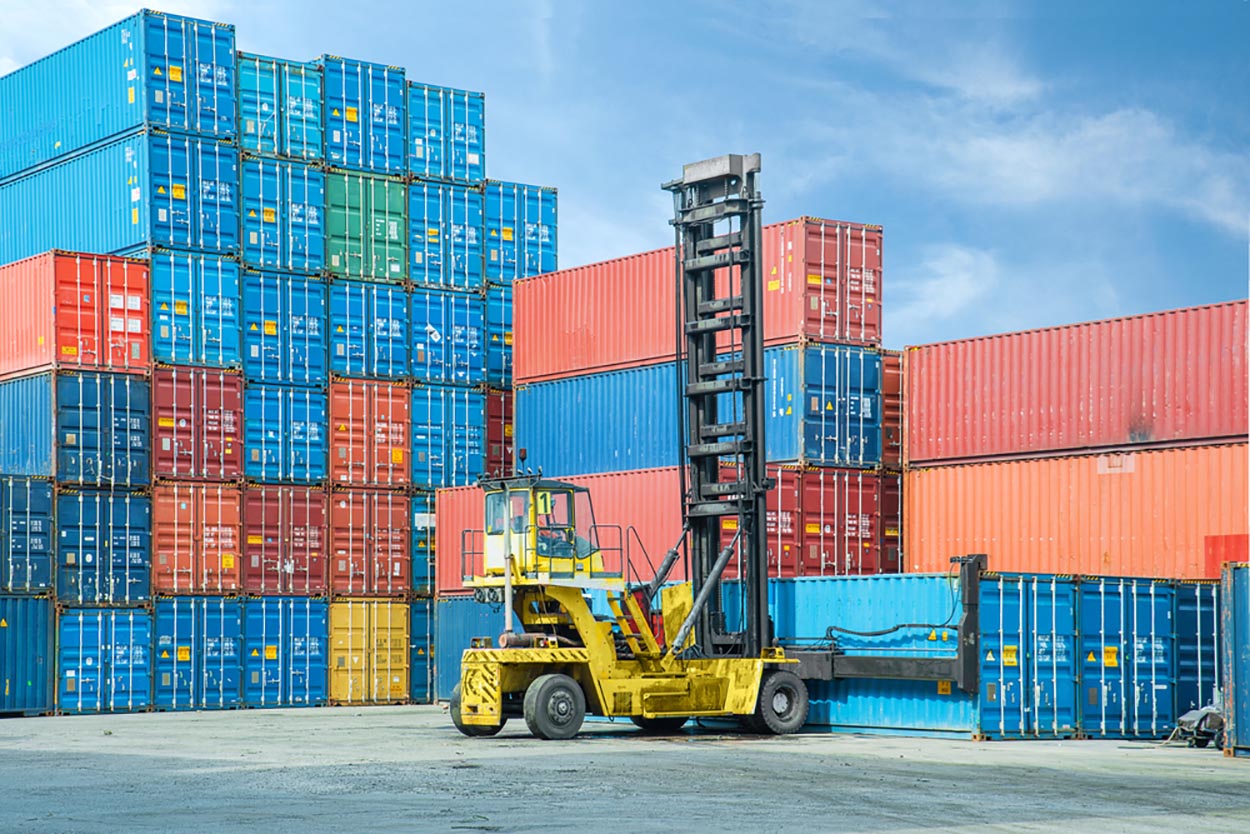Cargo Expedition: The Spine of Global Trade and Connectivity
Cargo Expedition: The Spine of Global Trade and Connectivity
Blog Article
Cargo transport plays an essential function in supporting global trade as it ensures that goods and materials are efficiently transported across regions and countries. As economies become increasingly interconnected and dependent on an efficient and secure cargo shipping has been growing rapidly. From raw materials to finished products, businesses depend on cargo trips to deliver goods on time and in good order. It doesn't matter if it's by air, sea or by land, a cargo journeys link suppliers, producers and customers around the globe. The interconnected network of logistics provides the foundation of international commerce. It is the driving force behind industries, and fostering economic growth by enabling items to seamlessly move from one location to another.
One of the most important elements that determine the effectiveness of cargo missions is the method of transportation. What type of cargo you choose to transport - air freight, sea, or road freight, depends on the type of cargo, its destination, as well as the speed of shipping. Shipping via sea freight is by far the primarily employed method of transporting large volumes of goods, as it is cost-effective in long-distance transport and is able to take care of a broad range of items. However, it is associated with greater transit time than air freight, which is preferred for the most valuable or items that require time, such as medical supplies, electronic equipment and perishables. Road freight, which is typically utilized in regional delivery, gives the flexibility to complement the air and sea transportations by creating a bridge between ports, warehouses, and their final destinations.
Technology has changed the way cargo expedition industry, enabling greater efficiency, transparency, as well as the reliability. Real-time tracking systems provide businesses with the most current information on their shipments, enhancing visibility and allowing for better scheduling. Blockchain technology has improved the efficiency of supply chains, by providing secure and immutable data of all transactions and transport. Artificial intelligence is being used to enhance routes, identify possible delays and cut cost, while automating warehouses streamlines the transportation and sorting of products. This technological innovation does not just boost efficiency at work, but establish trust among the people involved, and ensure the steady delivery of goods and services in an increasingly interconnected world.
Sustainability is now a major focus in the Cargo Expedition industry due to the increasing awareness of the environmental impacts. Businesses are becoming more conscious of greener ways of doing business, including using low-emission ships, electric vehicles, as well as fuel efficient aircrafts. Eco-friendly packaging and efficiency of shipping routes are as well contributing to a reduction in waste and emissions. Governments and organizations worldwide are encouraging these practices through guidelines and incentives, driving this industry toward a more green future. The integration of sustainability not only aligns with the global goals for environmental sustainability, but can also be a positive influence on consumers and businesses that prioritize green practices when they conduct business. To obtain additional information please go to https://muat.com/pengiriman-cargo-jakarta/
The successful cargo journey greatly depends on the experience and coordination of logistics professionals. These professionals manage intricate supply chains and ensure compliance with international trade regulations and the requirements of customs. They strive to be prepared and deal with any potential issues, like delays, geopolitical tensions or even weather-related disruptions. Their ability to collaborate between various modes of transportation along with time zones and the various languages is critical to maintaining the efficiency of global trade. Continuous education and training are essential in this field which allows professionals to adjust to new technologies and the ever-changing needs of the global market.
Cargo journeys form the foundation of international trade, which allows trade of goods, and driving economic growth worldwide. Through advanced transportation systems as well as innovative technologies and an attention to environmental sustainability, this industry is continuing to evolve to meet the demands of an interconnected globalized. Expertise and dedication of experts in logistics enhance the effectiveness and reliability of the operations, making sure that firms can flourish within the competitive marketplace. With global trade continuing to grow, cargo trips remain a key part of the supply chain, facilitating commerce and fostering cooperation on a massive scale. Their influence extends beyond the logistics aspect, influencing economies and connecting communities across the globe.